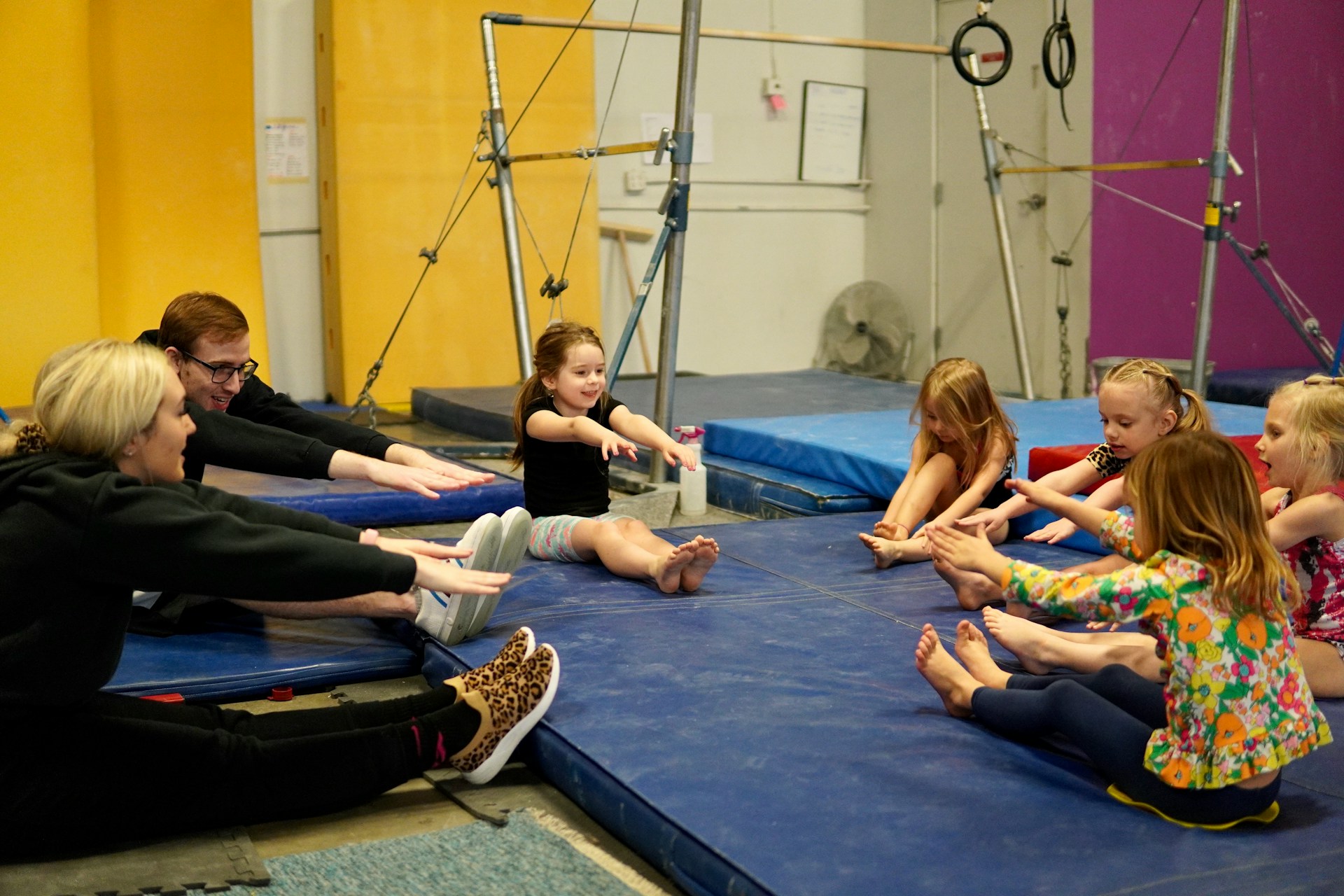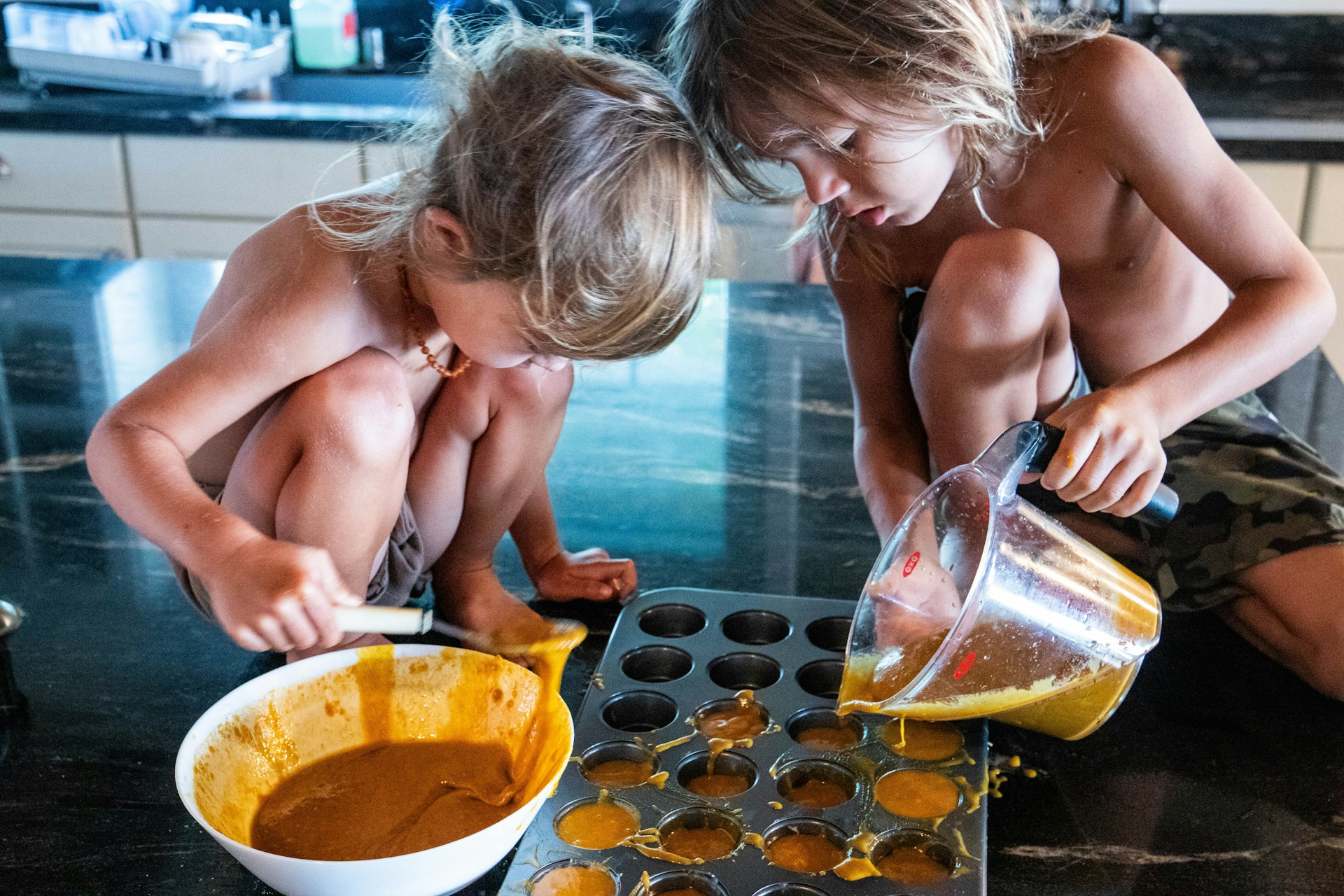Summer is a time for adventure, growth, and making memories. For many families, summer camp offers an exciting opportunity for children to experience new activities, build friendships, and gain independence. But when it comes to choosing the right camp, the decision often boils down to a fundamental question: Day camp or overnight camp?
This decision can have a lasting impact on your child’s summer experience, and more importantly, on their emotional, social, and developmental growth. Both types of camps offer distinct advantages, but each is better suited to different stages of a child’s development and individual personality. So, how do you determine which one is the best fit for your child?
Let’s explore the key differences between day and overnight camps to help you make an informed choice.
Day Camp: A Familiar Setting with Focus on Local Adventures
Day camps are a great option for children who may not be ready to be away from home for an extended period. These camps typically operate during the daytime, allowing children to return home at night to sleep in their own beds. Day camps are often held locally and provide a wide variety of activities, from arts and crafts to sports, nature walks, and team-building games.
Benefits of Day Camp:
- Familiarity and Comfort: Since children return home each evening, they have the comfort and security of being with family. This is especially important for younger children or those who may feel anxious about being away from home.
- Socialization and Skills Development: Day camps still offer plenty of opportunities for children to make new friends, develop social skills, and participate in activities that foster teamwork, leadership, and creativity.
- More Flexibility: Since day camps are usually less time-consuming, they allow parents to schedule other activities or family time. They also tend to be less expensive than overnight camps.
- Ease of Transition: For first-time campers or children who are hesitant about the overnight experience, day camps can be a great stepping stone. They help children get used to the idea of structured activities and socializing outside the home.
Overnight Camp: Building Independence and Lasting Friendships
Overnight camps offer a more immersive experience. Children live at the camp for a specified period, typically one or two weeks, and participate in various activities such as hiking, swimming, canoeing, and team sports. These camps are often held in remote or natural settings, giving children the opportunity to unplug from technology and connect with the outdoors.
Benefits of Overnight Camp:
- Independence and Self-Confidence: Being away from home for an extended period encourages children to become more self-sufficient and responsible. They learn how to manage their own time, make decisions, and navigate social situations without the constant presence of parents.
- Building Long-Lasting Friendships: At overnight camp, kids are often immersed in an environment where they can bond deeply with their peers. Since they spend the whole day and night together, friendships tend to develop more naturally and last longer.
- Immersive Learning Experience: Overnight camps typically offer specialized programs, such as adventure camps, sports camps, or arts camps, where children can dive deeper into their interests. This allows them to focus on developing a specific skill or passion in a way that day camps may not be able to provide.
- A Break from Technology: Overnight camps typically have limited access to electronic devices, allowing children to unplug from screens and engage more fully with nature, activities, and the people around them. This helps them develop social skills, emotional intelligence, and a greater sense of mindfulness.
How to Decide Which Camp is Right for Your Child
When deciding between day camp and overnight camp, consider the following factors:
- Age and Maturity: Younger children may feel more comfortable starting with day camp, while older children or teens may be more ready for the independence that comes with overnight camp.
- Personality: If your child is more outgoing and loves being around new people, an overnight camp could be a great fit. If they’re more reserved or have separation anxiety, day camp may be a better choice.
- Interests: Think about the activities your child enjoys. If they’re passionate about a specific interest, such as sports, music, or art, check to see if the camp offers specialized programs to nurture that passion.
- Family Comfort Level: Consider how comfortable you feel with your child being away from home. If you’re unsure, starting with a day camp may ease the transition, and if they thrive, you can consider an overnight camp in the future.
Ultimately, both day and overnight camps offer unique opportunities for growth, fun, and learning. By weighing the pros and cons, and aligning them with your child’s needs and your family’s preferences, you can ensure that your child has the most fulfilling summer camp experience possible.
For further insights on how to choose the best camp for your child, check out the full article from BeAKid:
👉 Day Camp vs. Overnight Camp: Deciding the Best Fit for Your Child



